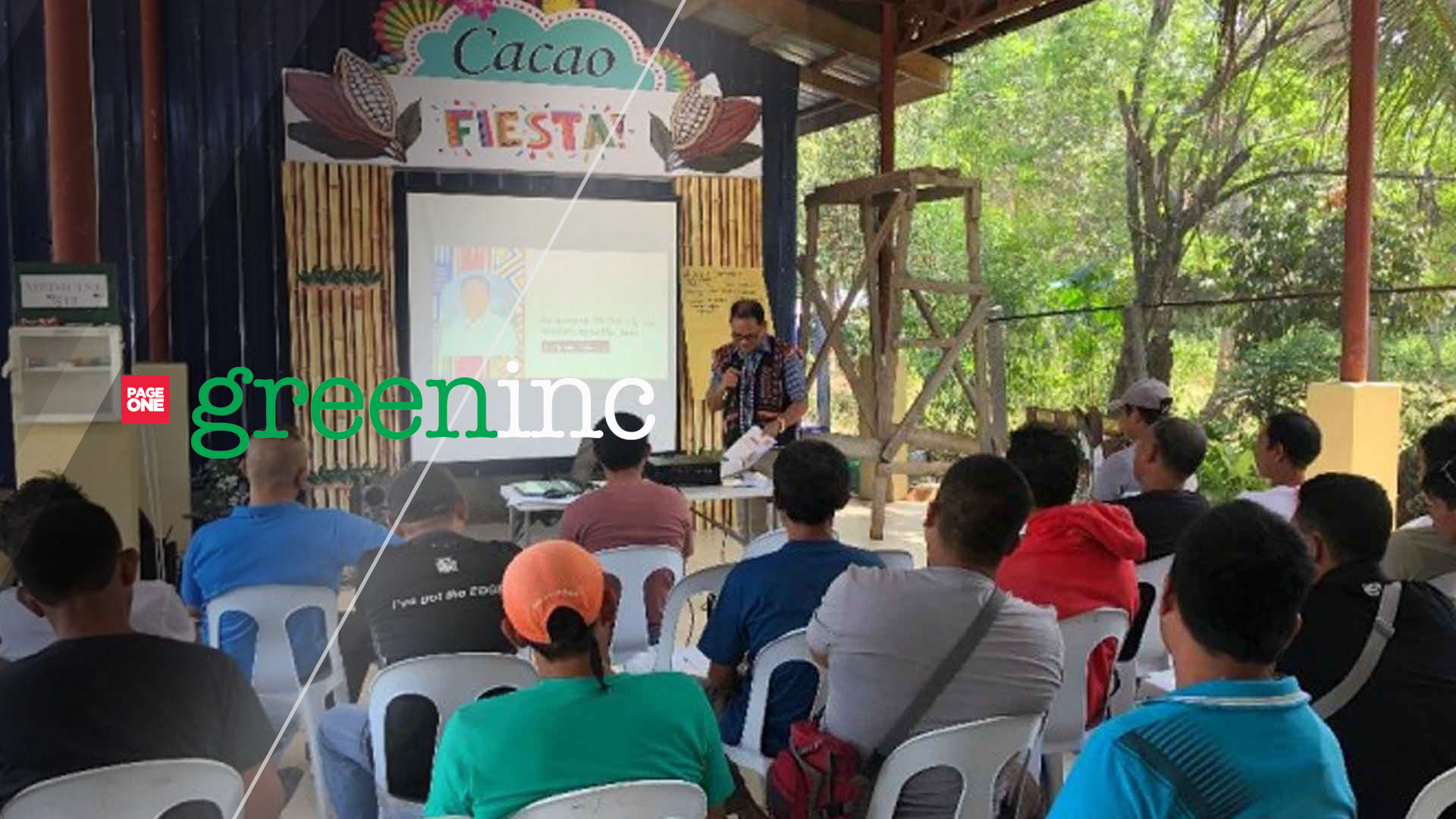To protect the environment and their ancestral lands, 20 members of the indigenous peoples (IP) were trained to become forest guards in Davao Oriental province, an official from the BaiAni Foundation/Kennemer Eco Solutions said Wednesday.
Maje Egento, senior technical officer of the BaiAni Foundation/Kennemer Eco Solutions, said the first batch consisting of 20 IPs from Tarragona town and Mati CIty underwent training on May 15 and 16.
“There are 11 certificates of ancestral domain titles (CADTs) in Davao Oriental, and we are targeting to assign 10 forest guards in each CADT,” Egento said in a phone interview Wednesday.
The training focused on educating the forest guards about their roles, responsibilities, and basic environmental laws.
Egento said the program aims to equip them with the necessary knowledge before they officially assume their duties.
“By increasing the number of forest guards on the ground, the initiative ensures better protection against illegal activities that contribute to deforestation, soil erosion, and biodiversity loss,” she said.
She said the program generates employment opportunities for IPs, enabling them to earn a livelihood while safeguarding their ancestral lands.
Almart Martije, 31, a member of the Mandaya tribe from Mati City, thanked the organizer for giving him the chance to join the training.
Based on the data provided by BaiAni Foundation/Kennemer Eco Solutions, the deforestation and forest degradation of forest lands and wetlands in Davao Oriental continue to “persist unabated.”
From 2000 to 2021, Davao Oriental lost 51.5 hectares of tree cover, equivalent to an 11 percent decrease since 2000, and 33.3 metric tons of carbon dioxide emissions, according to Global Forest Watch.
Davao Oriental provincial tribal council chairperson Eleuterio Manaytay said the training will not only allow IPs to utilize their traditional knowledge and understanding of the ecosystem, but also provides a platform to advocate for the rights and wellbeing of tribal communities.
“Collaborating with government agencies, conservation organizations, and local communities, the forest guards work towards the long-term sustainability of the forests,” he added. (PNA)




